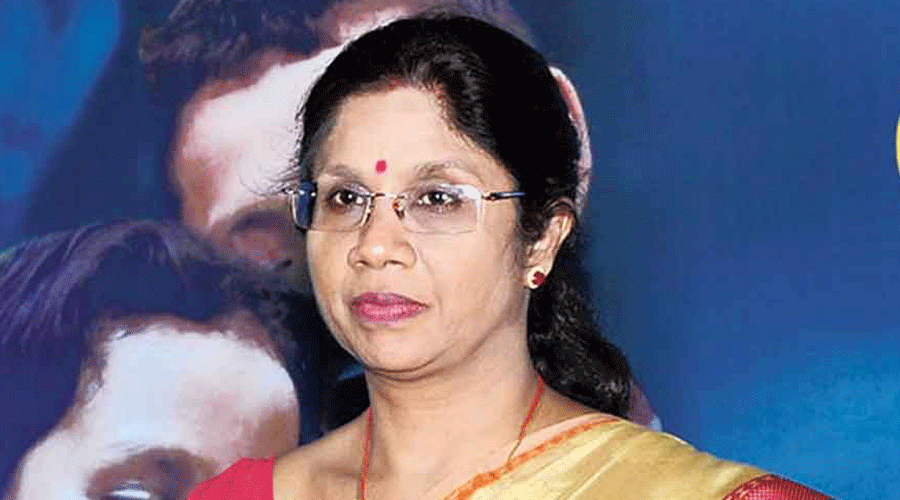To ease the trauma children suffer when they undergo legal trials for allegedly committing petty offences, the West Bengal government organised a consultation in collaboration with UNICEF and a child rights body to examine ways to "divert" them from judicial procedures.
Speaking at a programme on Sunday, West Bengal Women and Child Development and Social Welfare minister Shashi Panja said when children are made to stand trial for petty offences, a lot of psychological trauma happens among the minor offenders and their chance of reformation goes away.
“They are often found to repeatedly committing similar offences," the minister said at the State Consultation on Diversion event organised by the West Bengal Commission for Protection of Child Rights (WBCPCR) and UNICEF.
As per the provisions of section 3 (15) of the Juvenile Justice Act of 2015, a child allegedly committing minor offences can be diverted from the regular judicial procedure and rehabilitated with help of social workers by keeping him/her with parents or caregivers.
"FIR will not be lodged against children committing petty offences. They may or may not be sent to childcare institutions. Efforts will be to restore children to their families and link them to various welfare services and other alternatives to detention," a UNICEF press release quoted the minister as saying.As part of extending the services of diversion and its benefits to the children, Panja said that police, government officials and other stakeholders would be sensitised first.
The police will lodge general diaries for children committing petty and serious offences and inform the Juvenile Justice Board, the release said.
Justice Ananya Bandyopadhyay of Calcutta High Court also urged the magistrates of Juvenile Justice Boards of the districts present at the programme to distinguish the cases involving children with empathy.
"They need your empathy and they need you to understand the situation they are in. Please consider a child’s case with emotion within the periphery of the law. Be sensitive and flexible for the benefit and betterment of the children for their reintegration into society," she said.
The State government and UNICEF, with the help of an NGO, Praajak, started a pilot project in some crime-prone areas of Jalpaiguri, Murshidabad and South 24 Parganas districts to use the provision of “diversion” over the detention of the offenders and a lot more needs to be done, the release said.
"In the past three years, it has been observed that it is not enough to divert the children from police stations and Juvenile Justice Boards. We must ensure essential services, regular follow-ups, psycho-social support, and care for these children. Hence a comprehensive care plan by the authorities for the child is required," Mohammad Mohiuddin, Chief of UNICEF, West Bengal, said in the programme.
Chairperson of WBCPCR, Sudeshna Roy, welcomed the initiative to strengthen the principle of “diversion” as per the provisions of the Juvenile Justice Act.
Except for the headline, this story has not been edited by The Telegraph Online staff and has been published from a syndicated feed.
